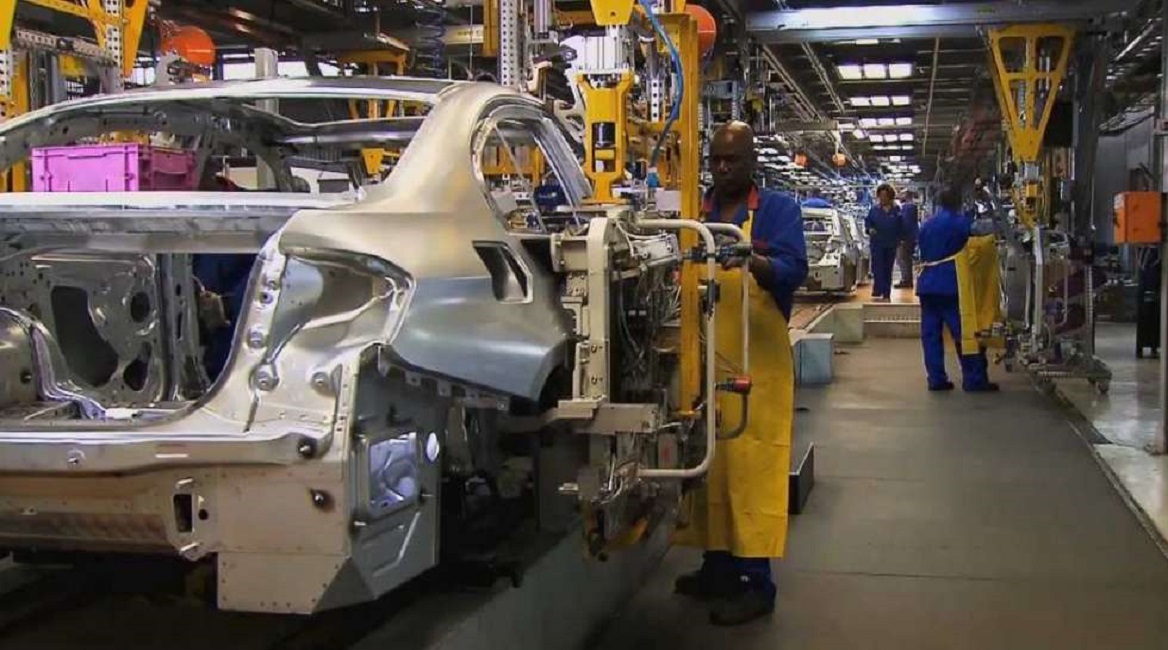Throwing dust in the eyes of government authorities, vehicle assembly from imported used/second hand parts has raised its ugly head once again taking advantage of the motor car shortage in the country.
This manufacturing of cars is being carried out by several businessmen causing massive potential tax revenue losses to the government, and the environmental and health related externalities that can arise due to the operation of old and inefficient vehicles on the road that have not been tested for safety or standards.
It also violates Intellectual Property Rights due to the assembly of motor vehicles from second hand vehicles that have been purchased abroad, dismantled and then imported into the country, legal experts said.
The police have conducted several raids on complaints received from Sri Lanka Customs and Motor Traffic Department sometime back.
This matter came to light following the arrest of a 56-year-old former CMC council female member by the Police Special Task Force for the possession of an illegally assembled car in Colombo 13 on Wednesday (26).
According to police sources, the car is suspected of being linked to a crime. This incident has exposed the illegal vehicle assembly business taking place in the country at a time where the government is exploring the possibility of promoting local vehicle assembly industry
The Ceylon Motor Traders’ Association (CMTA) has protested to the Government against a proposed Cabinet memorandum to allow the assembly of vehicles with used parts by one company, saying it is a violation of multiple local and international laws.
The CMTA, which states it is a Ceylon Chamber-affiliated body that has represented manufacturer-authorised franchise holders for the past 100 years, has raised safety concerns related to the project.
It points to a lack of roadworthiness in vehicles assembled in this manner and an adverse impact on the environment through air pollution from increased vehicle emissions.
“Permitting vehicles to be assembled with used parts is a clear violation of several laws and regulations of the country and international treaty obligations including the Motor Traffic Act (MTA), the Intellectual Property Act, the Consumer Affairs Authority Act, etc,” the letter this week to W M D J Fernando, Cabinet Secretary, said. It was copied to other relevant ministers and officials.
The economic impact of such a venture on the automobile industry in Sri Lanka “is far greater and so much more than meets the eye”, the association stressed.
It would disrupt the business of legitimate vehicle importers that have made significant investments into sales and after-sales infrastructures as well as employment, training and development of over 32,000 direct and indirect staff.
It would also disrupt the business of companies that have invested in legitimate new vehicle assembly operations in accordance with prevailing laws and regulations.
“Lack of roadworthiness would not only endanger lives and property but would result in damage to the reputation of well-known global brands whose parts are being used to assemble such vehicles,” CMTA warned.

Leave your comments
Login to post a comment
Post comment as a guest